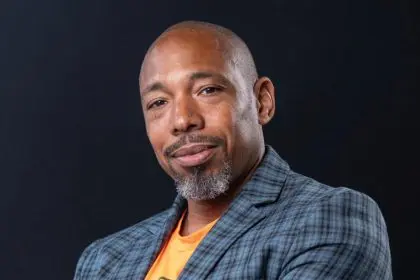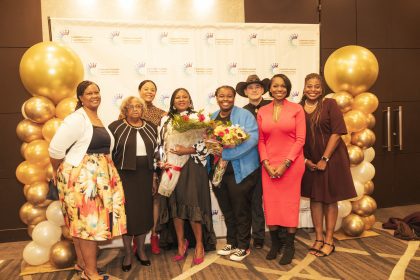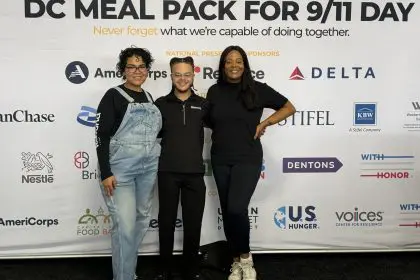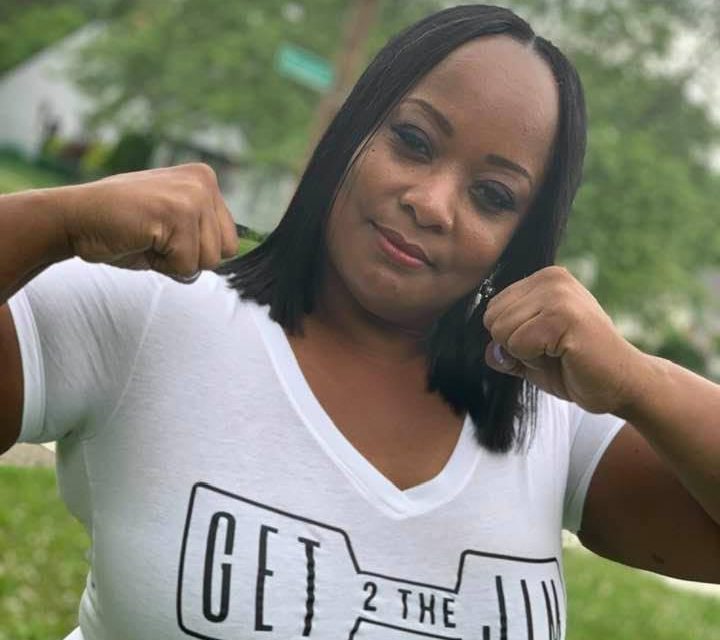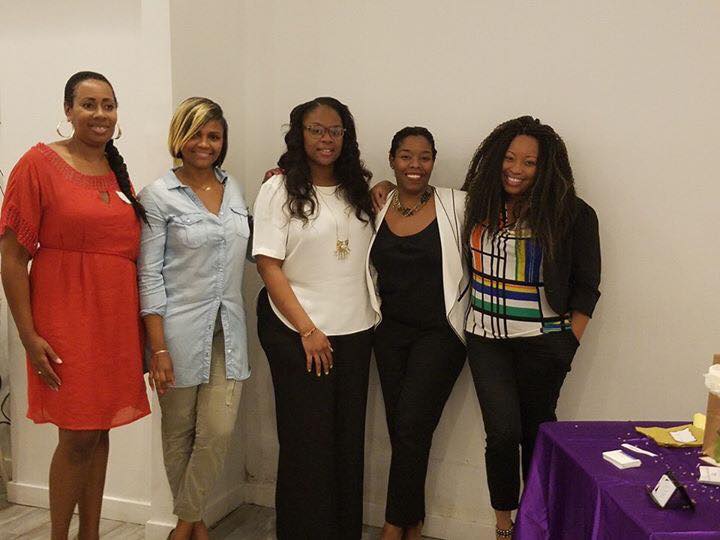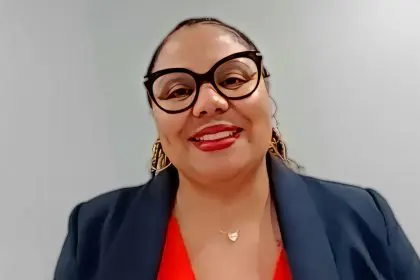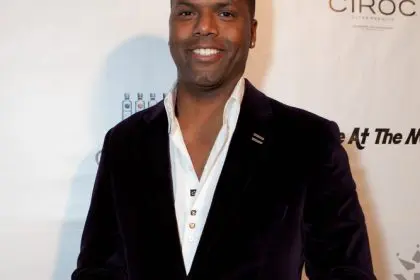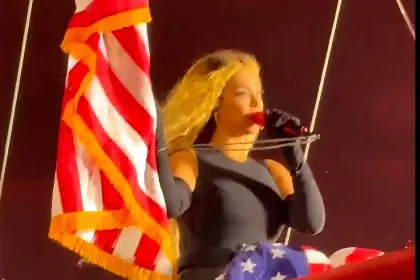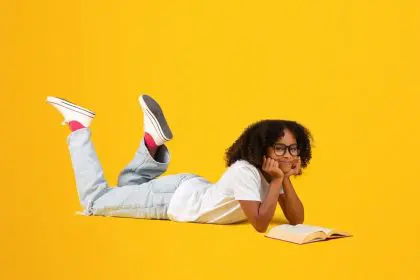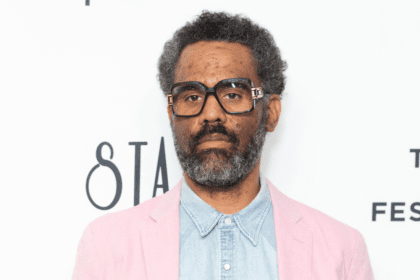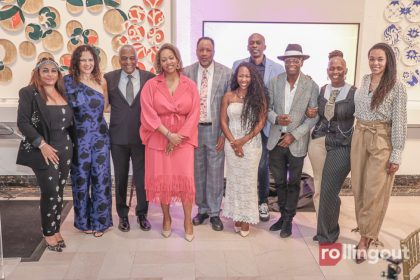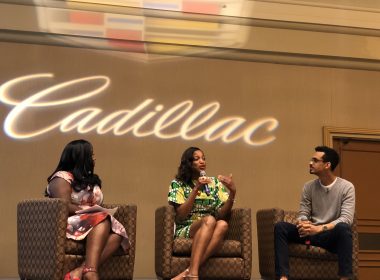Bem Joiner is a living testament to the dynamic, ever-evolving culture of Atlanta. Born and raised in the city, he has dedicated his life to shaping its identity and amplifying its influence. As a co-founder of Atlanta Influences Everything, a creative consultancy that’s both civic-minded and culturally astute, Joiner has played a key role in making Atlanta’s culture not just cool but captivating globally. His work spans across various industries, managing and consulting for renowned brands like Sprite, Jack Daniels, Nissan, and the National Black Arts Festival.
His contributions extend beyond marketing; Joiner has helped design impactful community programs and booked “early-adopter” shows for artists like Drake, Kendrick Lamar, and Goodie Mob. With ventures like CreativeCall.org, a global collaboration between Atlanta and Stockholm creatives, and a leadership role at 8 Strains, a cannabis and meta start-up in San Francisco, Bem’s influence transcends codification. A passionate advocate for community engagement, he also serves on the boards of several nonprofits, including Oakland Cemetery, The Wren’s Nest, The People United, and The Atlanta Land Trust. Simply put, Joiner is a cultural force who believes in the power of Atlanta and is committed to its continued progress.
Here, he talks with Munson Steed about his work and being a community partner with the Atlanta Symphony Orchestra’s second annual HBCU AccessFest, which connects young people to opportunities in higher education, mentorship, networking and career paths. The free college and career fair will take place on Sept. 21 at Atlanta’s Symphony Hall within the Woodruff Arts Center. Other partners include Mayor Andre Dickens’ ATL Year of the Youth and the Russell Innovation Center for Entrepreneurs (RICE).
[Editor’s note: This is a truncated transcribe of a longer video interview. Please see the video for the extended version. Some errors may occur.]
Atlanta influences everything. What were you saying to the world when you formulated that idea as a brand? And how does that connect with the Atlanta Symphony HBCU AccessFest program?
We said it in all honesty. My partner, Ian, and I were pitching Nike on a campaign some years ago. Nike was doing a 20th-anniversary Atlanta Olympics shoe, and they didn’t have any experiential marketing budget; they were just going to release the shoe. We modeled [our pitch] after something we saw in Chicago with the re-release of the Jordan 1 and what Michael Jordan meant to Chicago. So we thought that what Jordan did to shift the culture in Chicago was like the Olympics in Atlanta. We thought that Nike understood that type of storytelling, but they didn’t. They didn’t understand what makes Atlanta work. And in our retort to them not understanding, we said we didn’t have certain things like L.A. and New York. We didn’t have the Bean [Cloud Gate] like Chicago, but we do influence everything. And the statement stuck: Atlanta Influences Everything. But what we realized in that was that apparently we, as Atlantans, weren’t telling our story. So, we’re a brand that speaks to the culture and the people of Atlanta, and we wanted to tell our story about how Atlanta works. Access Fest and collaborating with the Atlanta Symphony — that’s an example of cross-cultural collaboration that uniquely happens in Atlanta.
When you think about places like the Atlanta Symphony giving access to young people, giving access to entrepreneurs like yourself and others from RICE, what does it mean to you?
How do we develop the muscle memory of cross-cultural collaboration in ways that people never saw coming and make that the norm in Atlanta? That’s what this partnership is about. It’s something that we would like to grow and lead by example on how other spaces and other sectors can also come together, find their niche, find their “why,” and collaborate with others who are on that same trajectory.
When you get access to the Woodruff Arts Center, what is the impact?
Immediately what comes next are steps. I kind of put access and exposure together — I know they’re different, but they overlap. One thing I’ve noticed about access and exposure is that before you have it, you don’t know what you don’t know. Once you get access and exposure, for better or worse, you can’t unsee it. You can’t undo the thoughts of what you just got access to, because now you know. So, whatever the next step is with everybody involved, it is one of at least some sort of intention, because before that, you could claim, “Hey, I don’t know what I don’t know.” And so this access, what it shows is, okay, I know there’s a way, I know it exists. Now, what I see is levels. There’s another level of access I need to get to. It’s like a video game: you defeat the first board, you go to the next board—it’s levels. And it shows me that the door is not closed where I thought it might have been. There might be a door that’s closed that I can’t get into, but it ain’t this one, because I got access into this one. So what I’m going to do when I get access into this one—later I’ll deal with that—but I got access into this space.
[ At Access Fest] last year … a father and son went and took pictures with Chris Webber, and the father was obviously a fan of the Fab Five and was explaining it to the son, who he had already shown the Fab Five documentary to, but it was just a generational moment. And that happened because the Atlanta Symphony gave space and access for Chris Webber to come and speak to students who were aspiring to be something. And there was this unique moment that happened. So, that’s what access does.
Let’s talk about relationship-building and how it relates to AccessFest.
Relationships make the world go round, but hyper-locally in Atlanta, we’ve seen how relationships can really move the needle … We start that relationship process at Access Fest. I’m not going to go full Kanye mode and do the whole “a college degree doesn’t mean anything.” That’s kind of to each his own. But the relationships last a lifetime, and they can carry you at times when you can’t carry yourself. That’s one thing I picked up from you and others, and that’s one thing we would like to translate at Access Fest more.
How important is that RICE is connected to the Symphony and AccessFest? What does it mean to you as an entrepreneur to see that entrepreneurial energy showing up?
Jay [Bailey] and the Russell Center gave us space to operate out of … That relationship has morphed over the years into a multitude of things, including Access Fest … It has helped out my company, and now to be able to partner with them, rolling out, and you, I feel grown. I feel like I’ve matured, but it’s through the help that has been poured into me … We hear about pipelines, but this is a pipeline that we want, that we are intentionally building, this opportunity of all hands on deck. Mayor Andre Dickens loves to say, “Atlanta is a group project.” When you pull back and look at the myriad of partners and participants in this Access Fest, this is an example of the group project that our mayor speaks so much about.
Maynard Jackson said that all of us are citizens of this city, and we should be able to taste and experience the economic benefits of this city to create the vision we have of the city that’s inside of ourselves. I want to thank you for being a leader and a cultural movement creator in Atlanta.
Thank you very much. My last name is Joiner … My dad said our family credo is “The Joiner family: we might be having fun, but we ain’t playing no games.” So that is my family logo and creed. And [I’d like to end with] the words of Jay Bailey … I’m not sure if he made it up or if he got it from somewhere, but it stuck with me: “Let’s all continue to plant seeds that grow into trees whose shade we might not ever sit under.” So, that’s the work that we do.

